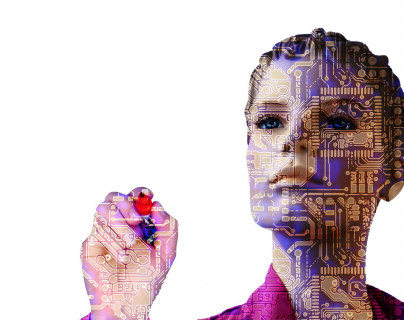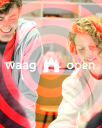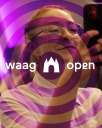Betalen we in de toekomst onze boodschappen met persoonlijke data? Bepalen algoritmes wat we het best kunnen eten? Of gaan we alleen nog maar op virtualreality-vakantie? Ontwerp, teken, knip en plak je eigen ideale toekomstscenario onder leiding van moderator en hoofdredacteur van NEMO Kennislink Leon Heuts, data-kunstenaar Roos Groothuizen en toekomstexperts Jessica van der Schalk en Sjoerd Bakker.
Ontwerp de wereld van morgen





